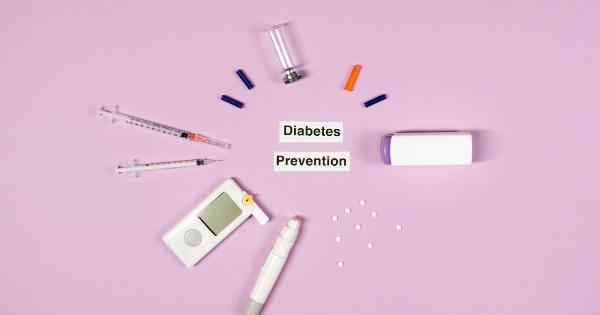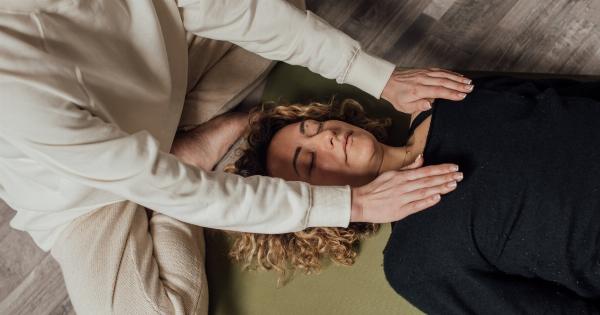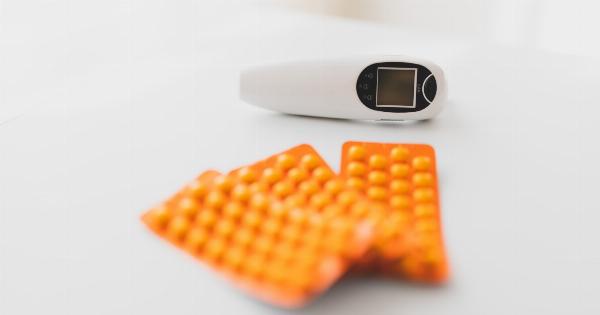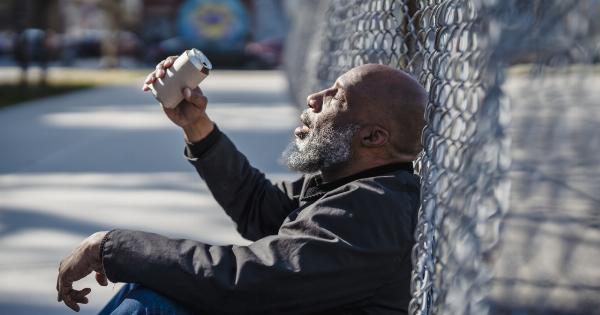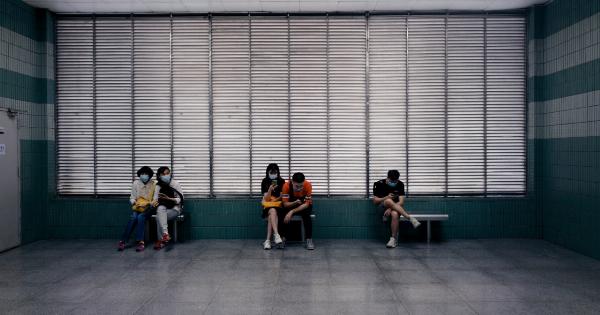Antidepressants are considered the first line of treatment for depression. They work by altering the balance of chemicals in the brain that contribute to mood regulation. While these drugs are effective for many people, they do not work for everyone.
In fact, up to 50% of people with depression may not respond to the first antidepressant they try, and some may not respond to any antidepressant treatment.
What to Do When Antidepressants Don’t Work
If you have been taking antidepressants for several weeks and have not seen any improvement in your symptoms, talk to your doctor. Your doctor may recommend changing your medication or increasing your dose.
If this does not work, your doctor may suggest trying a different class of antidepressant or adding another medication to your treatment plan.
It is important to give each medication enough time to work. It can take up to 12 weeks for some antidepressants to take full effect.
However, if you have been taking medication for several months and are still not seeing any improvement, it may be time to try a different approach.
Alternative Treatments
There are several alternative treatments that may help if antidepressants are not effective. These include:.
Psychotherapy
Psychotherapy, also known as talk therapy, can be an effective treatment for depression. A trained therapist can help you identify the underlying causes of your depression and develop coping skills to manage your symptoms.
Cognitive Behavioral Therapy (CBT) is one type of psychotherapy that has been found to be particularly effective for depression.
Electroconvulsive Therapy (ECT)
Electroconvulsive therapy (ECT) is a procedure in which electric currents are passed through the brain. This treatment is typically reserved for people with severe depression who have not responded to other treatments.
While ECT has some risks, it can be very effective for people who have not responded to other treatments.
Transcranial Magnetic Stimulation (TMS)
Transcranial magnetic stimulation (TMS) is a non-invasive procedure in which a magnetic coil is placed on the scalp. The coil delivers magnetic pulses that stimulate nerve cells in the brain.
This treatment is typically used for people with treatment-resistant depression.
Exercise
Exercise has been shown to be an effective treatment for depression. Aerobic exercise, such as running or cycling, can help increase the production of endorphins, which are feel-good chemicals in the brain.
Exercise can also help improve sleep and reduce stress.
Conclusion
If you are struggling with depression and antidepressants are not working for you, it is important to talk to your doctor. There are several alternative treatments available that can help manage your symptoms.
Finding the right treatment plan may take time, but with the help of your doctor and a mental health professional, you can find relief from your symptoms.


